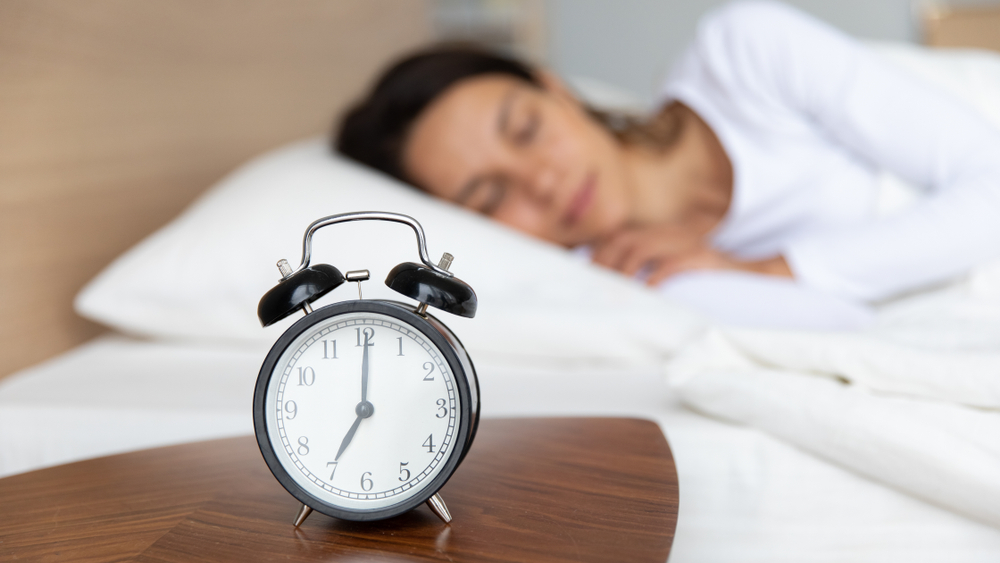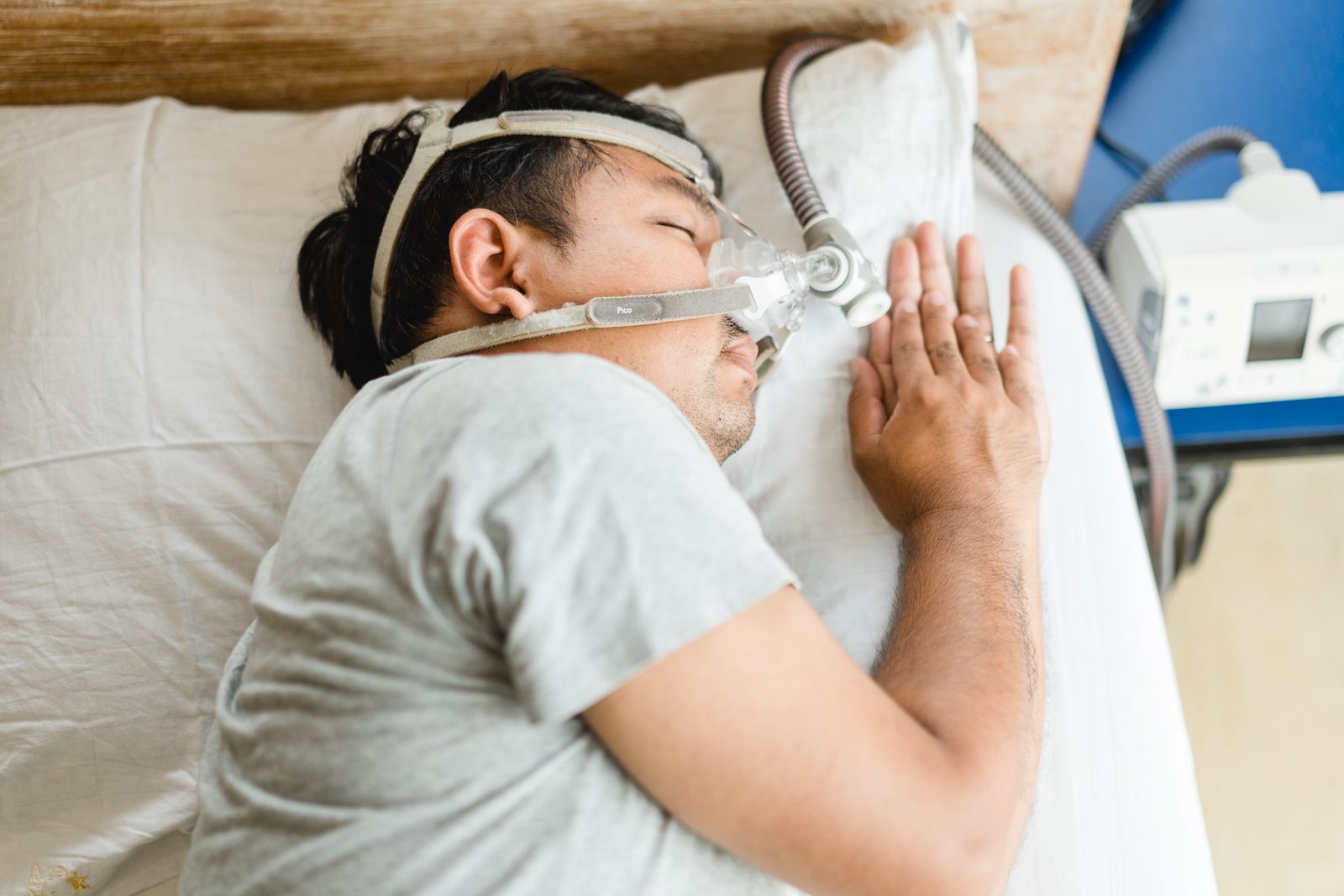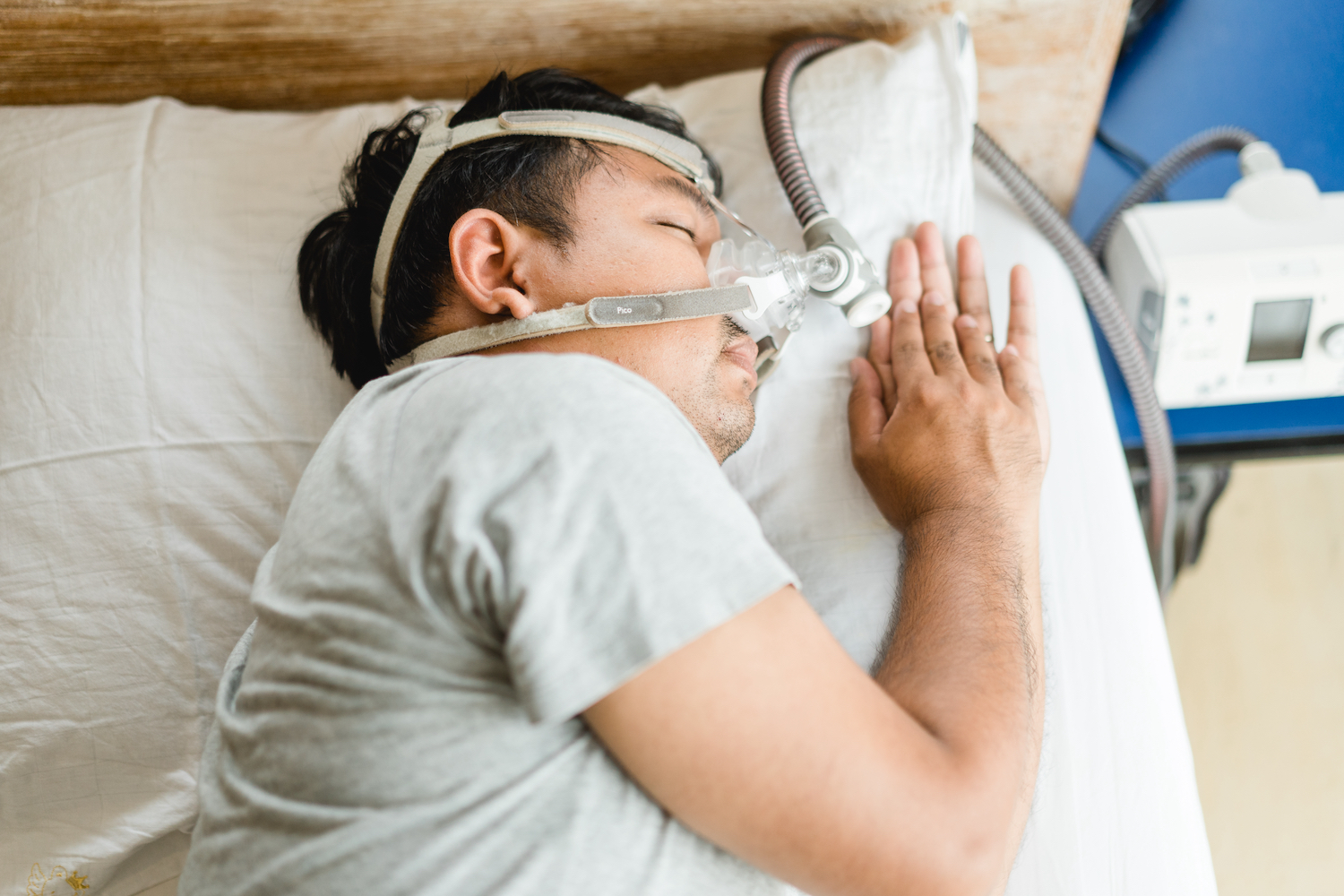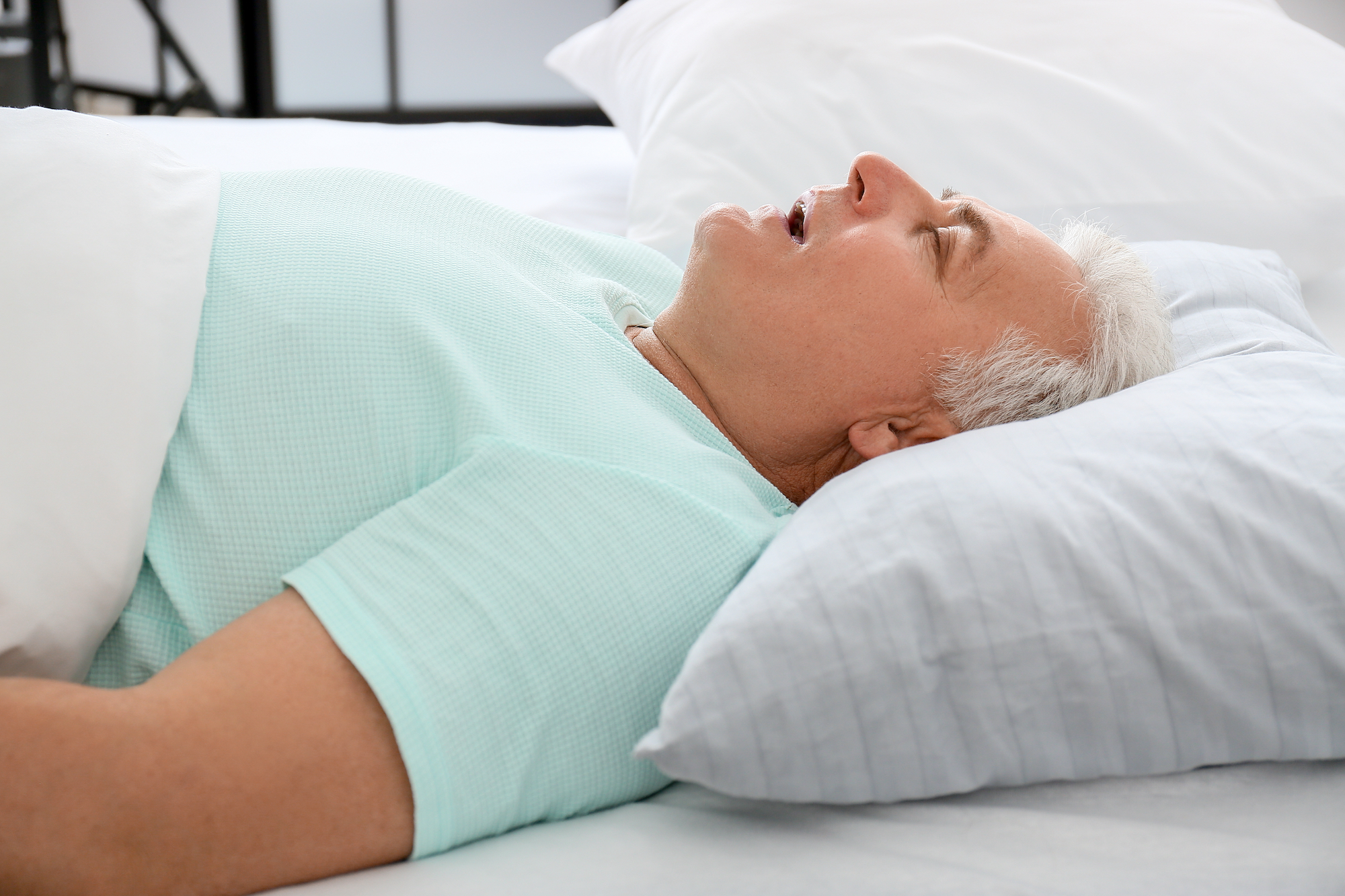Medical Disclaimer: This content is for informational purposes and does not constitute medical advice. Please consult a health care provider prior to starting a new treatment or making changes to your treatment plan.
Sleep apnea is linked to several heart conditions, including heart attacks, heart failure, irregular heart rhythms, high blood pressure, and heart disease. Up to half of all people with heart failure may also have sleep apnea.
People with heart disease may not know if they also have sleep apnea. But if sleep apnea is identified and treated, then their heart symptoms and quality of life may both improve.
The Connection Between Sleep Apnea and Heart Disease
Sleep apnea and heart disease are linked in several ways. Some of the same risk factors may cause both conditions. In addition, either condition can put a person at risk for the other.
Untreated obstructive sleep apnea (OSA) can cause heart disease or make existing heart problems more severe. OSA is a common condition in which recurrent partial or complete obstructions of the upper airway result in increased respiratory effort, arousals from sleep, and disturbances in airflow.
Severe heart failure can also lead to a form of sleep apnea called central sleep apnea (CSA). CSA is less common than OSA, but also involves recurrent pauses breathing during sleep. Instead of being caused by airway obstruction, as is the case with OSA, these episodes occur because the brain doesn’t trigger a signal to breathe. Treating sleep apnea, whether OSA or CSA, can improve heart disease symptoms in people who have both conditions.
Sleep Deprivation and Heart Health
Untreated sleep apnea can reduce sleep quality and lead to sleep deprivation, which can affect heart health in many ways. Health experts recommend that people get adequate sleep to lower their risks of heart disease, whether they have a sleep disorder or not.
Research has found that people who sleep less than six hours each night are at higher risk of heart attacks. Sleep loss is also linked to several risk factors for heart disease:
- Cholesterol buildup in the arteries
- Inflammation
- High blood pressure
- High blood sugar
- Obesity
Some studies have also suggested that sleep deprivation may be linked to irregular heartbeats, but additional research is needed to better understand the relationship between sleep and heart rhythms.
How Does Sleep Apnea Impact the Heart?
When people have obstructed breathing during sleep, their bodies react in several ways that can affect the heart:
- High blood pressure: Blood pressure drops during sleep in most people, but people with OSA often wake up with high blood pressure due to an arousal response to correct airway obstructions. When people with OSA have to work harder to breathe, the walls of the heart are put under pressure.
- Pulmonary hypertension: Sleep apnea can cause high blood pressure in the vessels that run from the heart to the lungs. Long-term pulmonary hypertension can cause weakness in the right side of the heart.
- Higher risk of coronary heart disease-related events: OSA is linked to higher risk of heart attacks and chest pain that results from low blood flow to the heart. People with OSA and who have had a heart attack may also be more likely to have a second attack.
- Increased risk of severe heart failure: Sleep apnea can worsen heart failure and is a risk factor for both more severe heart failure and death due to heart failure.
- Irregular heartbeats: People with OSA have higher rates of atrial fibrillation, a specific type of irregular heartbeat, and other irregular heartbeats.
- Lower blood oxygen levels: OSA may result in lower levels of blood oxygen due to episodes of obstructed breathing, which can also harm the heart.
The relationship between sleep apnea and heart disease may run in both directions. Symptoms of OSA may worsen after a heart attack. Severe heart failure can also cause a form of CSA with irregular breathing.
How Sleep Apnea Can Impact Your Cardiovascular System
Sleep apnea can impact other parts of the cardiovascular system in addition to the heart.
People with OSA have a higher risk of stroke than people without OSA do. People with untreated or more severe OSA are more likely to have a stroke than people with mild or treated OSA. In addition, people who have recently had a stroke are at higher risk of developing CSA.
OSA has also been linked to a condition of the arteries called atherosclerosis. This condition involves a build-up of plaque in the arteries and increases a person's risk of heart attack and stroke. Experts believe there are many factors that may lead to diseased arteries in people with OSA, including OSA's tendency to trigger the nervous system and cause inflammation.
Does Treating Sleep Apnea Reduce Risk of Heart Disease?
Treating sleep apnea can improve heart health. However, sleep apnea treatment may not improve or prevent all heart conditions. Talk to your doctor if you have both sleep apnea and a heart condition. People with both conditions may need both sleep apnea therapy and treatment for heart disease.
Continuous positive airway pressure (CPAP) is the main treatment for both OSA and CSA. Studies have found that CPAP treatment for sleep apnea positively affects several heart conditions.Some people with sleep apnea want or need alternatives to CPAP. The impact of CPAP therapy on heart health has been studied more than alternative treatments. However, some alternative therapies have been studied, including oral appliances and adaptive servo-ventilation (ASV)
Still have questions?
Sleep apnea products can be confusing. If you need individualized assistance, send us an email at [email protected] with your questions and we'll help find the best fit for you.



















